
Lillian Steenblik Hwang
Associate Digital Editor at Science News Explores
Lillian Steenblik Hwang is the associate digital editor for Science News Explores. She is originally from Atlanta, Georgia. Lillian has a bachelor's degree in biology (and a minor in chemistry) from Georgia State University and a master's degree in in science journalism from Boston University. Lillian has worked in a wide variety of roles in both digital and print media. In Lillian's "free time" she loves devouring books, cooking, playing video games, knitting, trying to limit herself to a reasonable number of hobbies, and going on adventures with her husband and two kids.
Lillian's family has a long love for Science News; a magazine she grew up reading and that covered some of her father's inventions. Her father's spiral solar cooker appeared on the cover of the March 28, 1981 issue, in a story penned by Janet Raloff.

All Stories by Lillian Steenblik Hwang
-
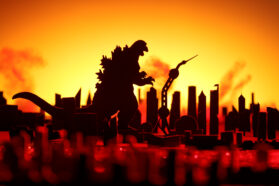 Animals
AnimalsWhere does Godzilla get his atomic breath?
Some secrets of the kaiju’s atomic breath can be explained with creative applications of physics and biology.
-
 Health & Medicine
Health & MedicineAnalyze This: Most teens have been cyberbullied
Name-calling was the most common type of six types of cyberbullying that surveyed teens reported.
-
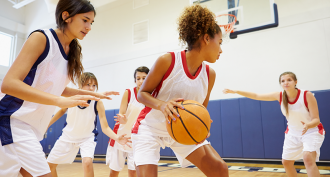 Health & Medicine
Health & MedicineAnalyze This: Most teen girls don’t meet guidelines for daily exercise
Girls trail boys in the amount of exercise they tend to get each day regardless of race.
-
 Health & Medicine
Health & MedicineAnalyze This: A good reason to drive with an adult in the car
Teens are much safer drivers during their “learner” stage, when there’s an adult in the car. Once they get a license and begin to drive solo, they exhibit more reckless behaviors.
-
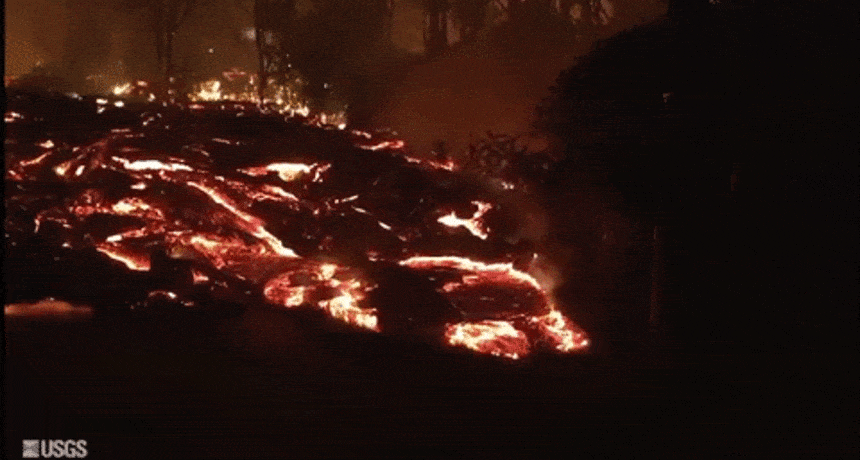 Earth
EarthAnalyze This: Can you outrun these geological disasters?
There's one geological disaster you probably can outrun, and a few others that are iffy.
-
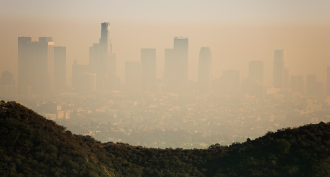 Environment
EnvironmentAnalyze This: Beauty products are big sources of urban air pollution
In cities, a larger share of urban air pollution comes from the use of bath products, cleansers and more than does the burning of fossil fuels.
-
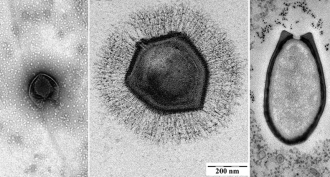 Microbes
MicrobesAnalyze This: These viruses are behemoths
Scientists keep finding larger and larger viruses. Just how big can these microbes get?
-
 Health & Medicine
Health & MedicineAnalyze This: Does moderate screen time boost teen happiness?
Computers, smartphones and TVs are everywhere. And scientists are trying to discover whether that’s a good thing for our well-being.
-
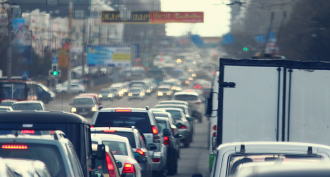 Environment
EnvironmentAnalyze This: Not all races saw equal improvements in this air pollutant
Levels of one U.S. air pollutant, NO2, have dropped over time. But neighborhoods with predominantly non-white residents saw smaller improvements than did those that were mostly white.
-
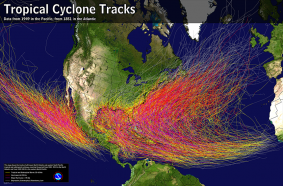 Science & Society
Science & SocietyAnalyze This: Seasonal hurricane costs have been rising sharply
Scientists study past hurricanes to help them predict future risks. Better predictions can help communities prepare for monster storms.
-
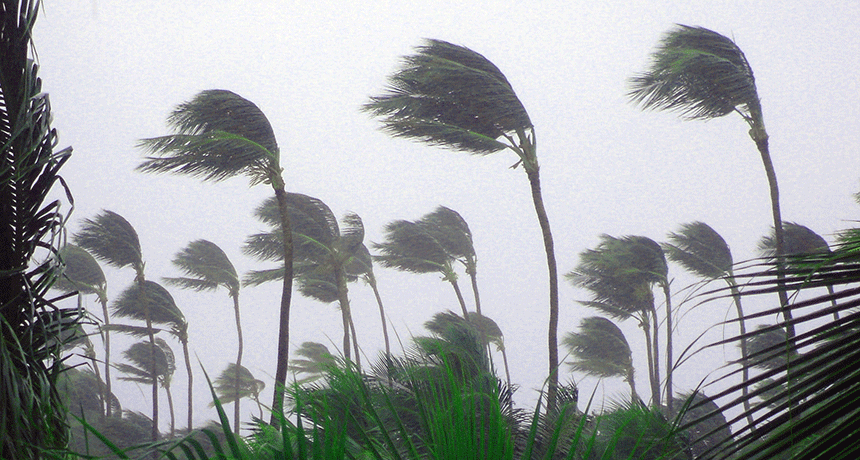 Earth
EarthExplainer: Hurricanes, cyclones and typhoons
Hurricanes are some of the most destructive forces on the planet. Here’s how they form and why they are so dangerous.
-
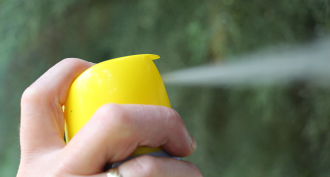 Health & Medicine
Health & MedicineAnalyze This! Mosquito repellents that work
Spray-on repellents are generally the best at keeping those blood suckers from making you their next meal, new data show.